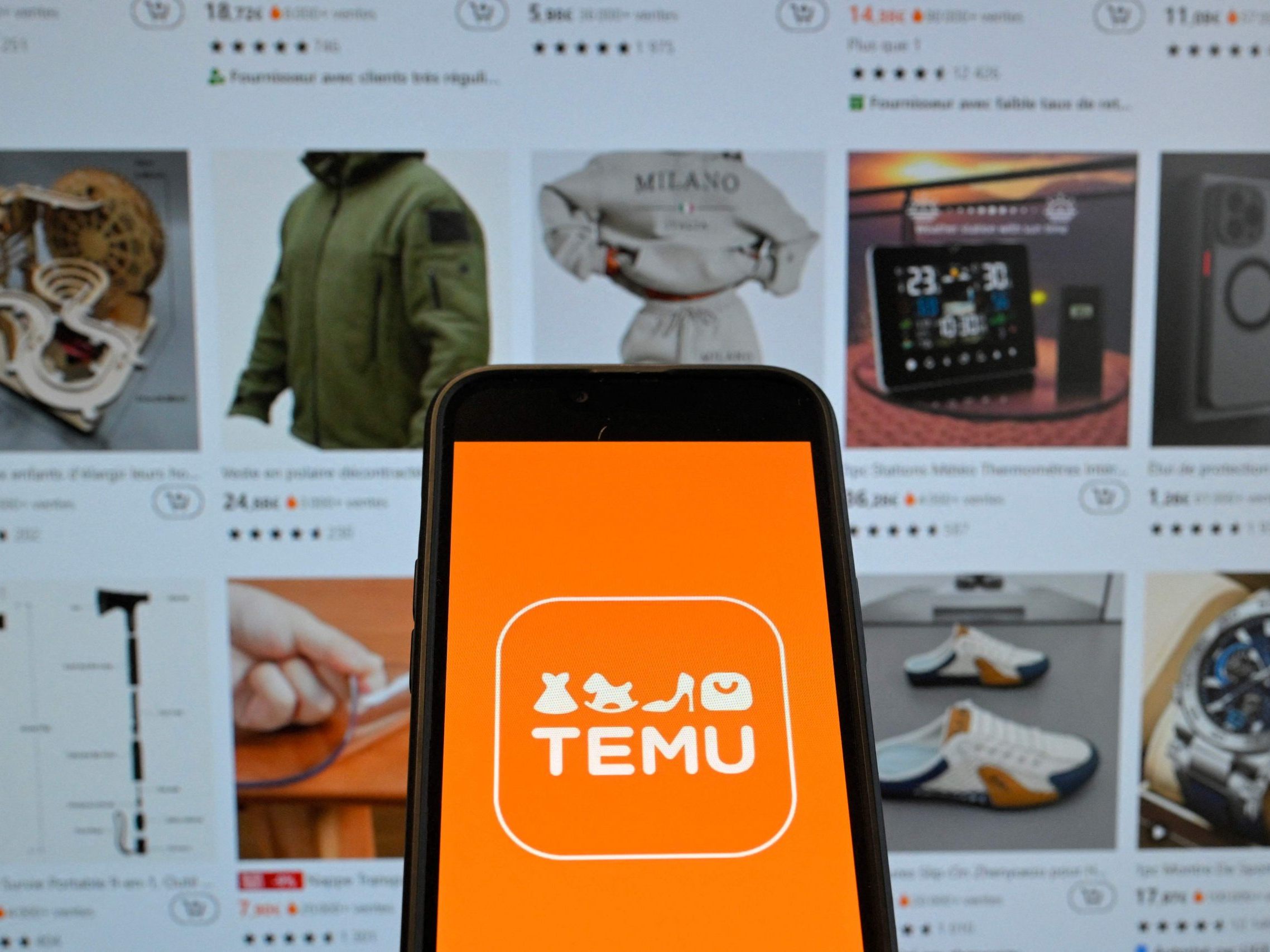Temu will supply Europe with food in the future

According to media reports, the Chinese online marketplace Temu intends to massively expand its food business in Europe and sell European food products. "Temu's platform is open to sellers in Austria and other European countries. Most of the food on Temu is offered by local retailers," the online retailer stated in response to an APA inquiry. The company did not disclose details about its expansion plans in Austria.
Temu wants to sell food in Europe
According to the German "Lebensmittelzeitung," a newly established European Temu team is currently targeting manufacturers in Europe to expand the range with items such as snacks, sweets, beverages, as well as cosmetics and garden products. The goal is to create an offering "from Europe for Europe."
Temu attracts customers with low prices and offers a wide range of products, from clothing, kitchen or beauty products to electronics. In Europe, the website of the online marketplace was recently visited by 103 million people per month, with around 1.8 million in Austria, according to Temu's transparency report. The online marketplace does not operate its own warehouse and directly connects Asian manufacturers with buyers worldwide. Consumer advocates warn of lower product quality and safety. The Upper Austrian Chamber of Labor (AK) informed in early July: Flip flops sold through Temu were "extremely heavily contaminated with health-hazardous chemicals." From mid-2024, European retailers will also be able to offer their products on Temu.
Currently limited food range in Austria
In Austria, the online marketplace currently has a very limited range in the food sector, mainly selling nuts and pasta. "We employ dedicated teams that manage a variety of categories to further expand the local offering and improve service for European consumers," a Temu company spokesperson told APA. By collaborating with local companies, they aim to "offer an even greater selection, faster deliveries, and products that best reflect local tastes." Temu did not comment on planned food product categories in Austria.
Dealers as well as environmental and consumer protection advocates in Europe have been pushing for measures against Temu, Shein, and AliExpress for some time. The Austrian Trade Association warned on Wednesday "once again of massive medium-term risks posed by Asian discount marketplaces for consumers, the environment, and the European economic location." "The food trade is part of the critical infrastructure, ensuring the local supply for the entire population," said Trade Association Managing Director Rainer Will in a statement. Now "the next wave of Asian low-cost imports is at the door in this sector." "This is a highly sensitive area where quality, traceability, and safety must not be negotiable," warned Will.
Kircher Criticizes "Dumping Goods Flood" from Asia by Temu, Shein & Co.
EU Member of Parliament Sophia Kircher (ÖVP) also criticized "the dumping goods flood" from Asia by Temu, Shein & Co. "It displaces local dealers, distorts competition, and far too often these products not only ignore our high European safety and health standards but are truly harmful to health and have serious defects," Kircher is quoted in a statement.
From the perspective of EU Member of Parliament Elisabeth Grossmann (SPÖ), "platforms like Temu and Shein are flooding Europe with cheap products that often do not meet European environmental or safety standards." "The 150-euro customs exemption limit is being deliberately exploited by the providers. This must finally be stopped," said Grossmann in a statement.
Thomas Waitz, agricultural spokesperson for the Greens in the European Parliament, pointed out that the food trade in Austria is already "very concentrated." Temu and other large corporations would increase the pressure on local farmers, "who are already up against the wall," and the model of Temu and Co is based on the exploitation of workers. "This is miles away from fair competition and a fair food system for high-quality food for all and fair production prices."
(APA/Red)
This article has been automatically translated, read the original article here.





